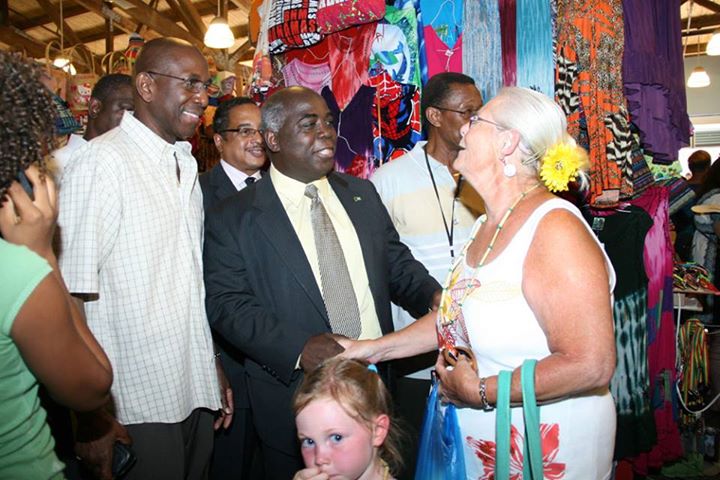
By Jerry Roker
for Bahamas Press
A country’s growth is not premised only on what happens within its borders, but is also influenced by activities within the international community. Growth and development — human, technological and otherwise — require adapting to the changes within and without our borders, in order to maintain our place among progressive nations.
When The Bahamas achieved nationhood in 1973, there began a process not only for it to be respected in the international community for its political leadership, but also to forge a nation with a dogged determination to advance the social and economic well-being of its citizens, aiming towards self-sufficiency and competing in the external markets which were considered pivotal to growth and development.
A major aspect of the nation’s political leadership was our role in the liberation struggle of South Africa, which has earned the nation a place on the international stage. As a new nation, whose people emerged out of systems of domination — slavery, indentureship and colonization — sitting on the sideline in the presence of another system of oppression (apartheid) came at risk of being seen as isolationist, or supporting a competing world view that this form of domination was acceptable.
20th century Bahamas saw a spirit of self-determination, led by the trade union and political parties with the support of the citizens. In the immediate post-independence period, a people led by the Government embarked on a programme to control the commanding heights of their economy. This took the approach of embracing the principle of Bahamianization, an affirmative action program that protected certain segments of the economy for Bahamian citizens only.
In the 1970s, increases in oil prices sent ripples through the global economy, and small and heavily oil-dependent societies like ours found it difficult to cushion the shock. In responding to this turn of events, Government intensified its self-sufficiency programme, making a greater push and call to produce, eat and buy local.
In the 21st century, our import food bill is more than $1 Billion. If we had pursued and stuck to the self-reliance trajectory, engaging in research and development, it would not only have reduced this bill, but we would have been a significant supplier to our regional counterparts and others.
Outside of diverting scarce foreign resources to other more-needed areas, and earning same through exportation; employment and economic opportunities would have expanded for our citizens, impacting positively on our Human Development Index. BAMSI which arrived just a couple of years ago, was 40 years late. Our import food bill has been, simply unsustainable.
To take an advantageous place in this century, The Bahamas needs to grow. Growth requires acceptance that none has the monopoly on knowledge, and rival or opponent — past and present — was/is capable of sound ideas and did/could do good things. Where these are evident, they should be embraced and, where necessary, adaptation made in keeping with the time. Given the intractable politics and intolerance to alternative opinions, it is recognized that such aspirations may be seen as lofty, though the potentiality and possibilities such can bring for The Bahamas are not unrealistic.
In the 21st century, as politicians continue to talk past each other; insult each other and our citizens treat each other with disrespect, the people remain the best demonstration of what working together can achieve, even though there are moments of conflict and polarisation.
It is a fact that during the election season there exist conflicts and avoidance of the political other. Equally, when the so-called silly season is over, we all must converge around common issues, to ensure our well-being. For instance, it use to be in the straw market, though vendors of diverse backgrounds would compete for the attention of the same buyers, it was not unusual to see a vendor who does not have a particular item directing a buyer to another vendor who has it, or even going over to that vendor and getting the item for the buyer. Even as members of this group compete among themselves for the dollar, the camaraderie among them was informed by a common interest and sense that, in looking out for the other, the other will look out for the one; and this has been proven to their common interest.
Such experiences exemplify who we are as a people, yet this characteristic is lacking in our politics, outside of collective personal interest and social events.
In the 21st century, we the people must demonstrate the type of behaviour we would like to see in our politicians, and the latter should pay heed.







